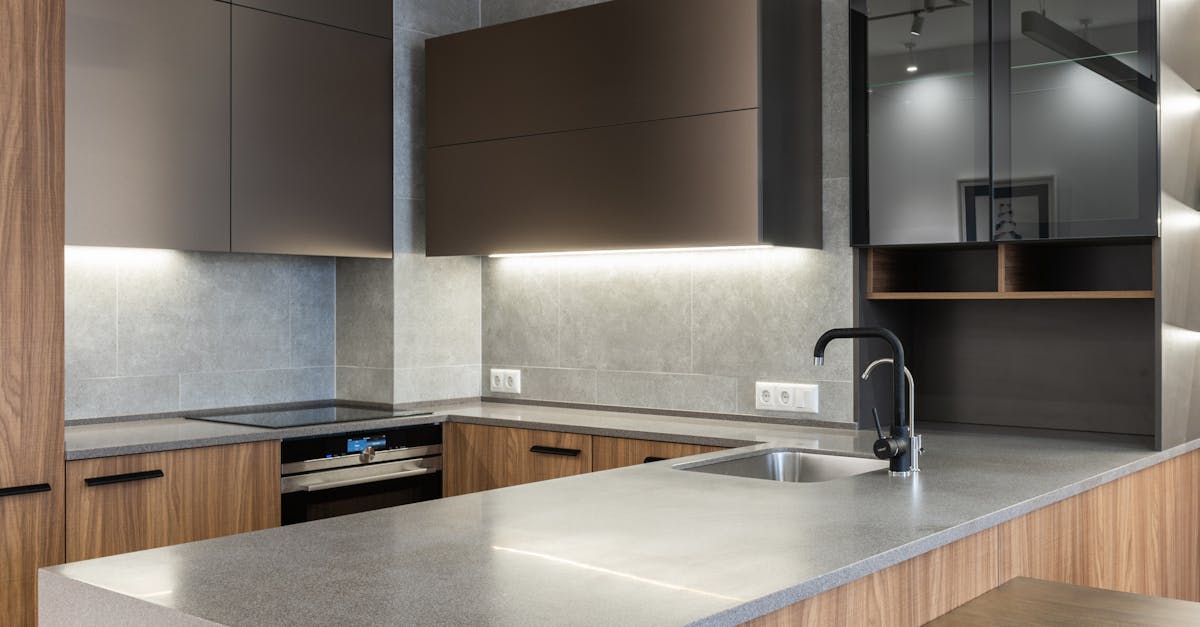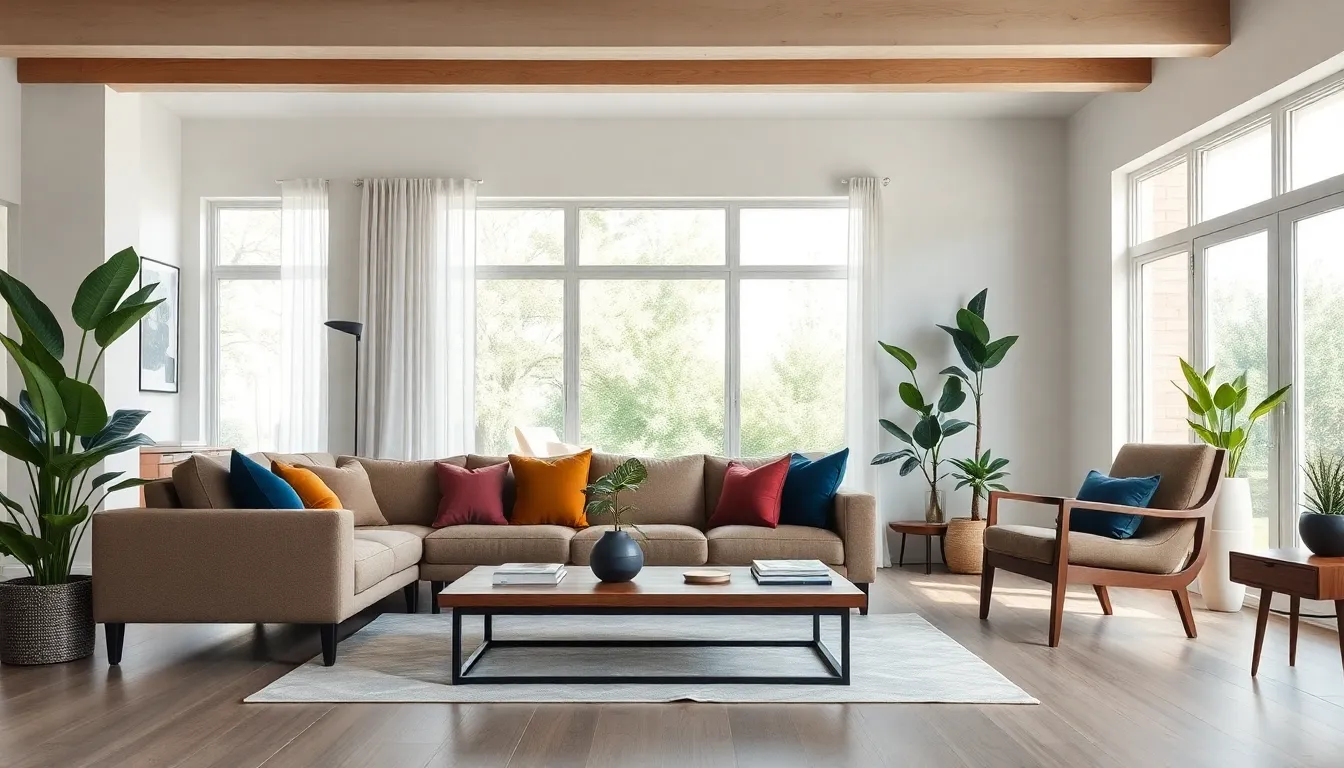In a world where avocado toast reigns supreme and minimalist decor is all the rage, modern home renovation isn’t just a trend—it’s a lifestyle. Gone are the days of shoddy DIY projects that leave you questioning your life choices. Today’s homeowners are diving into renovations with flair, transforming their spaces into stunning showcases that even their in-laws can’t critique.
Table of Contents
ToggleOverview of Modern Home Renovation
Modern home renovation reflects a comprehensive approach to updating living spaces. Homeowners today prioritize personalization and functionality while embracing current design trends. Creative elements enhance not only the aesthetic appeal but also the utility of each space.
Renovators often opt for open floor plans, maximizing natural light and creating a seamless flow. Incorporating sustainable materials also takes precedence, aligning with increasing environmental awareness. Recent statistics indicate that 75% of homeowners consider eco-friendly features essential during renovations.
Technology’s role in modern renovations cannot be overlooked. Smart home devices improve energy efficiency and convenience, attracting a tech-savvy demographic. Trends show a growing interest in integration, with features like smart thermostats and automated lighting becoming standard.
Innovation in design extends beyond technology. Unique layouts, bold colors, and mixed materials create distinctive environments. Homeowners frequently request custom cabinetry or innovative storage solutions to address specific needs.
Financial considerations also inform renovation decisions. Home values often increase significantly after well-planned renovations, with about 60% of home improvement projects yielding a solid return on investment. Smart budgeting and careful planning play crucial roles in achieving desired outcomes.
Ultimately, modern home renovation embodies a lifestyle shift toward personalization and efficiency. Today’s renovations reflect individual tastes, practical needs, and a commitment to sustainable living. Engaging professionals or utilizing skilled DIY strategies empowers homeowners to make informed choices in their renovation journeys.
Key Trends in Modern Home Renovation
Modern home renovation captures individual preferences and contemporary efficiency. Homeowners prioritize sustainable choices and technological advancements to enhance living spaces.
Sustainable Design Practices
Sustainable design practices resonate with 75% of homeowners who view eco-friendly features as essential. Selecting sustainable materials reduces environmental impact while improving energy efficiency. Using reclaimed wood for flooring or installing energy-efficient windows minimizes waste. Integrating plants enhances air quality and adds a touch of nature. Homeowners increasingly embrace biophilic design, which promotes connections with nature through light and greenery.
Smart Home Technology Integration
Smart home technology integration transforms everyday living. Devices like smart thermostats optimize energy usage by adjusting temperatures automatically based on user habits. Furthermore, automated lighting systems allow homeowners to control ambiance with ease. Enhanced security systems offer remote monitoring, ensuring safety at home. About 60% of homeowners value these innovations for increased convenience and efficiency. As features become standard, renovations increasingly include this technology, aligning with modern lifestyles.
Popular Styles in Modern Home Renovation
Modern home renovation embraces various popular styles that enhance living spaces through creativity and functionality.
Minimalist Aesthetics
Minimalist aesthetics emphasize simplicity and decluttered spaces. Clean lines and open areas dominate this style, fostering a sense of tranquility. Neutral color palettes, including whites, grays, and soft earth tones, create a calming backdrop. Additionally, functional furniture with minimal ornamentation complements the overall look. Aiming for a purposeful design, homeowners often focus on quality over quantity with fewer decorative items. Incorporating storage solutions like built-in shelving keeps areas spacious and organized. This approach promotes mental clarity in a busy lifestyle, appealing to those seeking a serene environment.
Industrial Elements
Industrial elements bring a unique charm to modern renovations. Exposed brick, metal fixtures, and reclaimed wood are hallmarks of this style. Raw materials exude authenticity and character while adding urban flair to homes. Large windows enhance natural light, highlighting the industrial aesthetic. Homeowners often incorporate vintage furniture and light fixtures, creating a timeless blend with modern conveniences. This style often favors open floor plans, facilitating a collaborative living experience. Incorporating industrial accents can transform ordinary spaces into striking designs that resonate with those who appreciate bold statements.
Renovation Planning Process
Modern home renovation requires careful planning to achieve effective and beautiful results. A strategic approach involves several critical steps, including budgeting and hiring professionals.
Budgeting for Your Renovation
Budgeting forms the backbone of any renovation project. Homeowners should calculate total costs, including materials, labor, and unexpected expenses. About 60% of renovation projects yield a solid return on investment, making it vital to allocate funds wisely. Planning for contingencies can prevent financial strain later. Prioritizing aspects like quality materials and essential features helps keep renovations within budget while enhancing value. Setting a clear budget allows for informed choices throughout the process.
Hiring the Right Professionals
Hiring the right professionals contributes significantly to renovation success. Contractors, designers, and architects all bring unique skills to a project. They ensure compliance with local codes, helping avoid costly mistakes. A thorough vetting process is essential; checking credentials, references, and past work can lead to better outcomes. Approximately 75% of homeowners prioritize eco-friendly features, making skilled professionals who understand sustainable practices invaluable. Investing time in finding qualified experts ensures the project aligns with individual needs and preferences.
Conclusion
Modern home renovation stands as a testament to evolving homeowner priorities. It’s not just about aesthetics but also about creating functional spaces that reflect individual lifestyles. The blend of sustainable materials and smart technology enhances both efficiency and comfort, making homes more livable and environmentally friendly.
As creativity flourishes in design choices, homeowners are empowered to personalize their spaces while considering financial implications. Engaging professionals ensures that projects meet both style and practicality, paving the way for successful transformations. Embracing these trends not only elevates living environments but also contributes to a more sustainable future. The journey of renovation is one of growth and innovation, shaping homes into reflections of their inhabitants.





